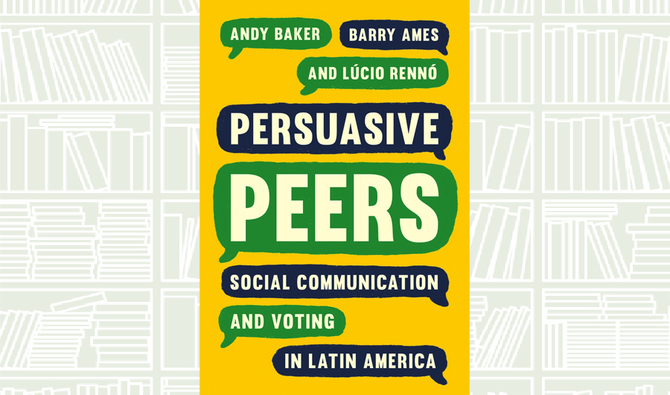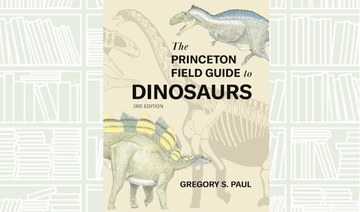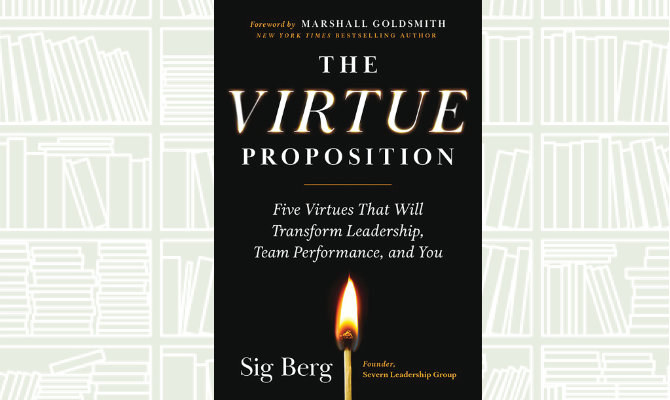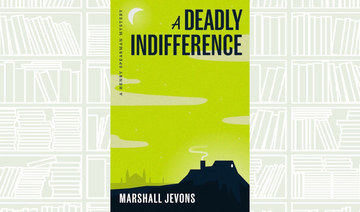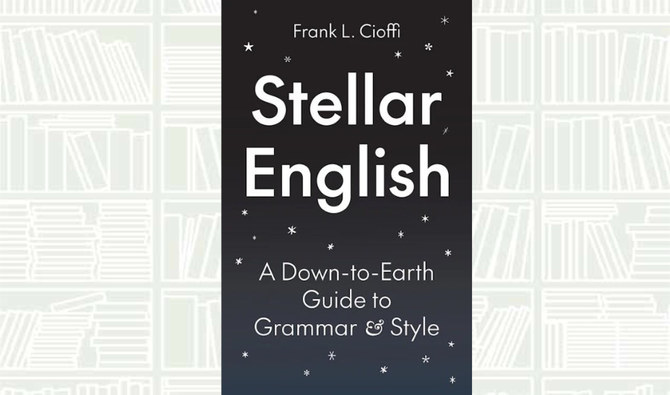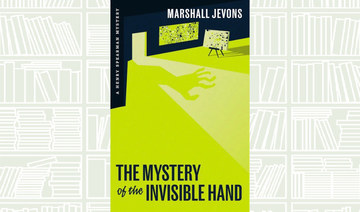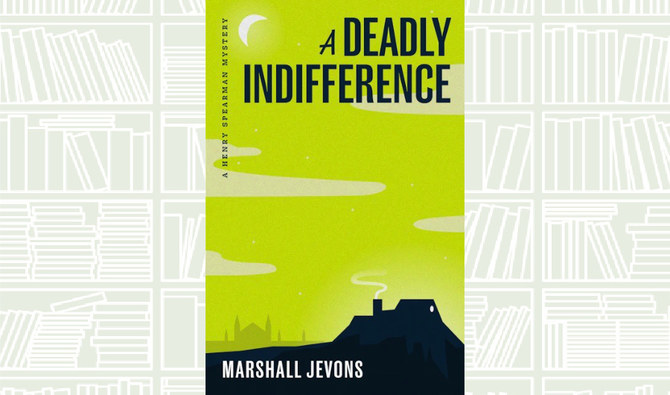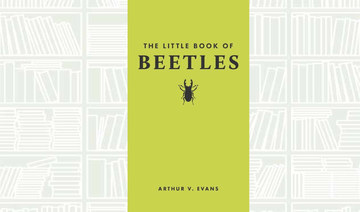Edited by Andy Baker, Barry Ames, and Lucio Renno
In Latin America’s new democracies, political parties and mass partisanship are not deeply entrenched, leaving many votes up for grabs during election campaigns. In a typical presidential election season, between one-quarter and one-half of all voters—figures unheard of in older democracies—change their voting intentions across party lines in the months before election day. Advancing a new theory of Latin American voting behavior, Persuasive Peers argues that political discussions within informal social networks among family members, friends, neighbors, coworkers, and acquaintances explain this volatility and exert a major influence on final voting choices.
Relying on unique survey and interview data from Latin America, the authors show that weakly committed voters defer to their politically knowledgeable peers, creating vast amounts of preference change as political campaigns unfold. Peer influences also matter for unwavering voters, who tend to have social contacts that reinforce their voting intentions. Social influence increases political conformity among voters within neighborhoods, states, and even entire regions, and the authors illustrate how party machines use the social topography of electorates to buy off well-connected voters who can magnify the impact of the payoff.
Persuasive Peers demonstrates how everyday communication shapes political outcomes in Latin America’s less-institutionalized democracies.



